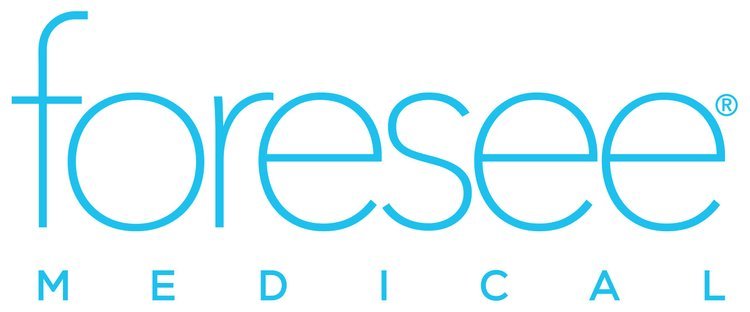Large Language Models in Healthcare: From Concept to Practical Use
Large Language Models (LLMs) are reshaping healthcare, moving from exploration to practical use, significantly impacting patient care, clinical research, and communication. They excel in processing extensive data, deriving insights, and producing text of human quality, leading to innovations in healthcare.
Use of LLMs in Patient Care
LLMs are enhancing the ability of healthcare providers to offer personalized, efficient care. They analyze patient data, medical literature, and guidelines, offering real-time insights for diagnosis, treatment plans, and monitoring, improving patient outcomes, reducing errors, and boosting satisfaction.
Examples of LLMs in Healthcare
Florence Chatbot: The NHS in the UK employs this chatbot for symptom assessment and care direction.
Babylon Health Chatbot: Also used by the NHS in England, it triages patients calling the NHS 111 hotline.
ClinicianCompanion: Developed by MIT, this tool uses LLMs to provide tailored recommendations based on patient data and medical literature.
LLMs in Medical Research
LLMs are speeding up medical research by analyzing large datasets from medical records, clinical trials, and scientific literature. This aids in identifying new treatments, developing effective therapies, and understanding disease mechanisms.
Stanford University Researchers used an LLM to find a potential new heart disease treatment.
GatoTron LLM by the NIH examines EHRs for potential drug interactions and adverse events.
Addressing Healthcare Challenges with LLMs
Deciphering Medical Notes: LLMs help standardize medical notes, crucial for clinical Natural Language Processing (NLP).
Cleaning Up Medical Notes: They standardize dates, lab values, and organize clinical data.
Bridging Patient-Provider Communication: Conversational AI in healthcare powered by LLMs aids in patient education and addresses communication barriers.
Obtaining Complete Patient Histories: LLMs ensure a thorough understanding of the patient's condition before treatment.
Healthcare Data Analysis: LLMs analyze data from various sources for better patient insights.
The LLM's ability to analyze and organize vast amounts of data could prove highly beneficial for platforms like ForeSee Medical, which currently utilizes NLP and complex algorithms to identify HCC coding suspects for Medicare Risk Adjustment patients. As LLMs continue to evolve and their integration into healthcare deepens, their impact is poised to be transformative, shaping the future of patient care, research, and communication. ForeSee Medical, already employing cutting-edge AI methodologies in its risk adjustment solutions, stands to leverage advancements in LLM technology to achieve near-perfect precision and continuously refine its methods, solidifying its position as a leader in the field.
Director of Clinical Informatics - ForeSee Medical




